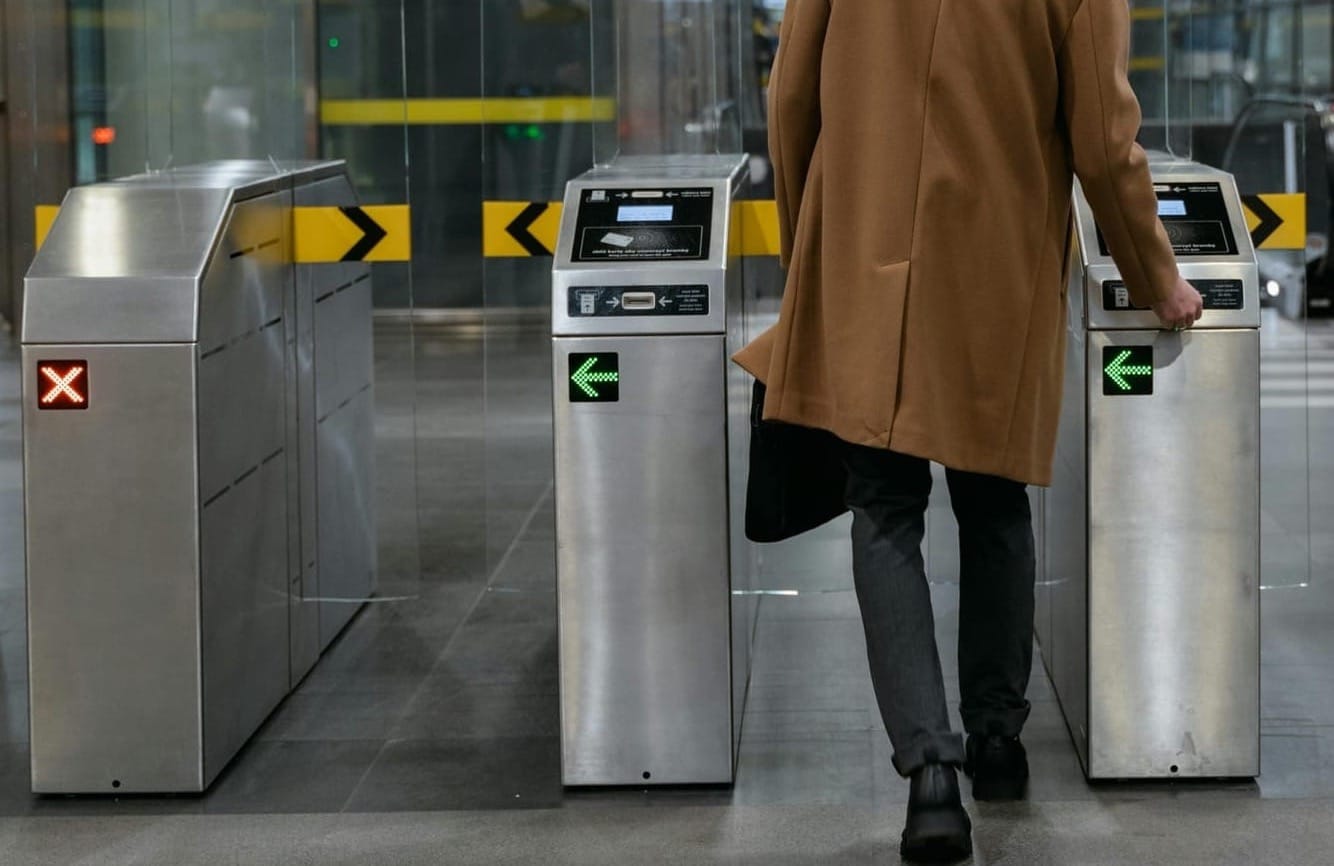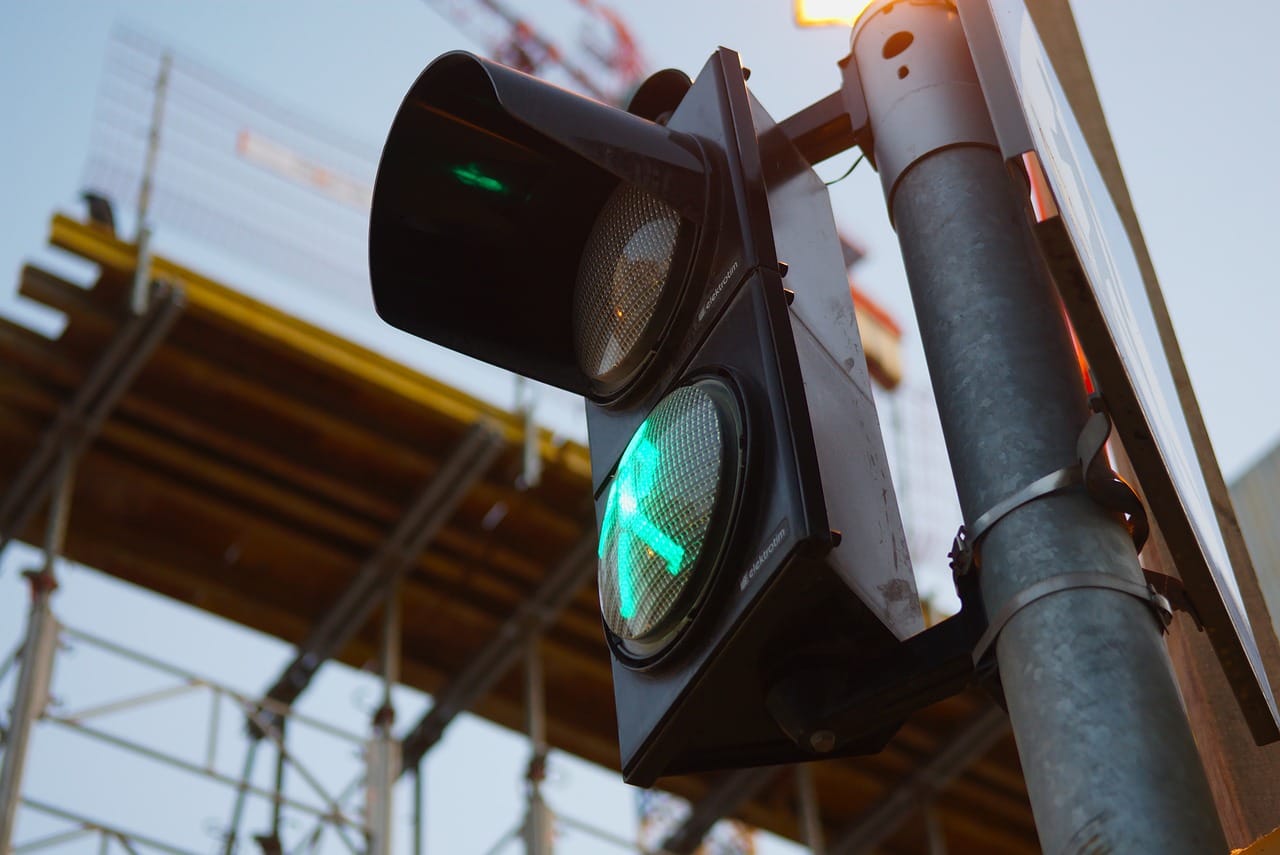What is Power? Part 2: Definition
Power has a surprisingly simple definition familiar to all of us, from toddlers testing their boundaries to autocrats surrounded by “yes-men“.

In What is Power? Part 1: Introduction we observed that power plays a significant role in society, or at least we collectively believe that it does given the number of expressions and idioms we have about it. But we seem confused regarding its nature.
Sometimes we talk as if having power is a good thing (who wants to be ‘power-less’?), but if someone has too much power, we believe it corrupts them. But we’re not really sure how power and corruption are related, nor how much power would be the ‘right’ amount?
Power, us and them
When we dug a little deeper, we discovered that power gets mixed up with society’s beliefs about ‘us’ versus ‘them’ and ‘good’ versus ‘evil’, particularly when it comes to one set of people having power over another. Yet we’re even unsure as to whether such concepts represent some universal truth or if they’re just metaphors we use to make sense of our qualitative experience, essential depending on who possesses the power: us = ‘good’ use of power (for us); them = ‘evil’ use of power (against us).
All these we will return to, but before we can untangle such knotty questions, we’re first going to need a working definition for power.
So that’s the purpose of this article.
Surprisingly simple, profoundly explanatory
As we will see, the definition turns out to be surprisingly simple – so simple, in fact, that even a two year old will understand it and the power dynamics it explains. Yet the implications embedded in this simple definition of power are so utterly profound that it has the potential to reveal something of the underlying operating system of the universe itself.
But we’re getting ahead of ourselves. Let’s start at the beginning.

[Yes] you can…
Our English word ‘power’ comes from the Old French word ‘poeir’, which comes from the Vulgar Latin word ‘potere’ which simply means:
- You can
- You are able
So this straightforward definition already gives us a practical intuition into what power is all about:
Having power simply means “you can” or “you are able”.
It means that:
- You have the capacity
- There is nothing preventing you (no constraints)
- So the answer’s “Yes!”
By implication, if we are power-less:
- Either you do not have the capacity
- Or there is something preventing you (constraints)
- So the answer’s “No!”
In a nutshell, that’s all there is to power. It’s as non-specific and as uncomplicated as that. If you can, you have power. If you can’t, you don’t have power.

How “yes, you can” helps us understand power
Even though our definition is simple, it instantly enables us to start figuring out other aspects of power.
For example, if power is about “you can”, it leads us to ask:
- “What is it that someone can or cannot do?”
- “Is there a reason why they want to do it?”
This, in turn, gets us thinking about the relationship of power to goals, motivations and agency. If someone’s goals align with what they can do (i.e. they have power), they have agency. So if someone has greater capacity and fewer things saying “no” to them (i.e. they have greater power), they also have greater agency. Perhaps this hints at the purpose of surrounding oneself with sycophants or yes men – it instils a sense of power and agency because no-one dares tell you no.
“Yes, you can” and its role in corruption
If someone can do whatever they want and no-one says “no” to them, they have the agency to start altering the world as they believe it should be, in accordance with their goals, motivations and capacity.
By gaining more capacity and more people who will say “yes” to them, the world begins to look more and more like an extension of their self, including any imperfections and flawed beliefs they might have.
It’s not difficult to see where the potential for corruption comes in here. It suggests that corruption is an absence of “no”, which very much reminds us of expressions like “You’ll spoil (= corrupt) that child if you give in to them all the time!”

But if someone or something says “no” to us—whether we’re a toddler or the world’s richest person—it means they are taking away our “yes, you can” (i.e. power). If they’re trying to take away our power, doesn’t that mean they’re also taking away our agency? Who do they think they are? What gives them the right to take our agency away?
This then starts us thinking about power and relationships: if we can only do something because someone else says “Yes” to us, then that someone has some form of power in relation to us.
Does that mean they have power over us? Well that depends, doesn’t it? If what we want to do is against their best interests (or what they want to do), are they exercising power over us by telling us “no”… or are they resisting our power over them?
There are clearly lots to highly relevant questions to explore here.
Conclusion
By defining power in terms of “yes, you can” and “no, you can’t” we can already begin to map out the power dynamics we see around us.
Within any interaction, transaction or relationship, it’s of great value to ask:
- Who or what can?
- Who or what can’t?
- What is it they can or can’t do?
- What specifically is the constraint or lack of capacity when the answer’s no?
- If it’s a constraint, is it self-imposed (e.g. belief, value, self-restraint) or does it come from something external?
- What would change if those who currently can can’t?
- What would change if those who currently can’t can?
- What is required to remove a constraint or provide capacity to change no into yes?
- What constraint would be required to change yes into no?
You might like to have another look at Part 1:Introduction in light of our definition here as well as the questions above, to see if they provide any new insights into power.
And finally…
Have you spotted the weakness in our working definition? It only works for either/or type scenarios. Either you can or you can’t. Either the answer’s yes or the answer’s no. So our current definition is both absolute and binary.
What about those scenarios that are more complex than that, where there’s a power gradient (growing in power) or some sort of compromise between what we can and cannot do?
Isn’t power on a spectrum, from a minimum to a maximum, with everything in between?
If that’s the case, we’re also going to have to define what we mean by “powerlessness” and “absolute power”, which we do in our next two articles.

